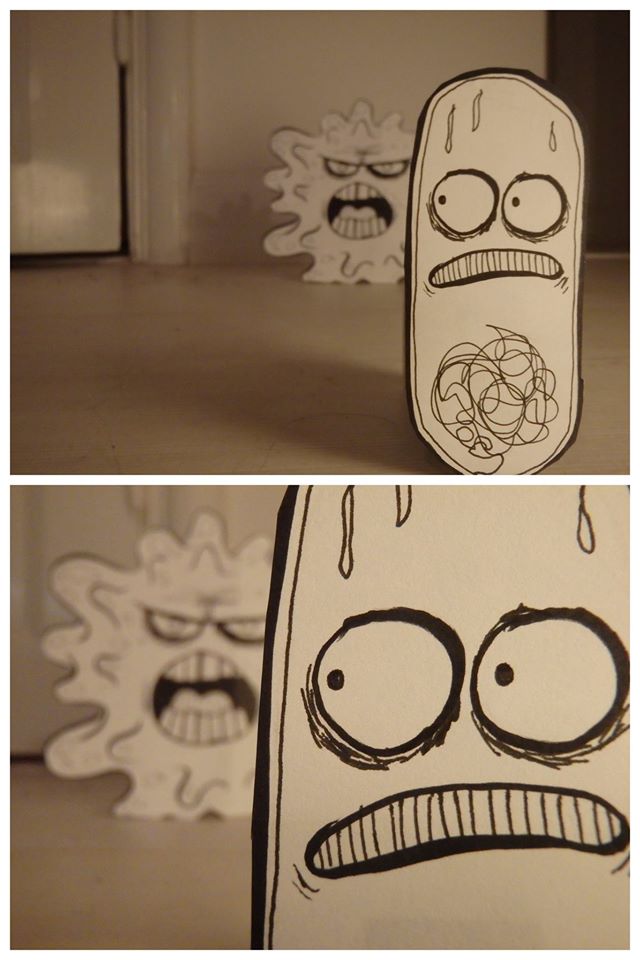تا به حال دقت کرده اید وقتی اسفناج می خورید چرا دندان هایتان حالت بدی بهشان دست می دهد و احساس زبری روی دندان هایتان می کنید؟ حالتی که انگار ناخن هایتان را روی تخته سیاه می کشید. همچنین احساس می کنید پوست قسمت ابتدایی کامتان سابیده شده است!
علت این امر دوز شدید اگزالیک اسید موجود در اسفناج می باشد، که حاوی کریستال های ریز است و باعث احساس تحلیل رفتگی دهان می شود.
اگزالیک اسید 10000 برابر از اسید استیک (سرکه) قوی تر است!
ریواس، چغندر، کلم برگ و شکلات نیز حاوی دوز بالایی از اگزالیک اسید هستند.
بر خلاف تصورات اشتباه قدیم که اسفناج را با ماست و شیر می خورده اند، توصیه می شود برای جذب بهتر آهن اسفناج، آنرا با میوه های حاوی ویتامین C میل کنید.
منبع: Yahoo Answers
Why does spinach make my teeth feel weird
Everytime I eat spinach, my teeth just feel really weird, almost like an uncomfortable film is over them. This doesn't happen to anyone else in my family when they eat it. What is going on
Best Answer: It is caused by the high quantities of oxalic acid found in spinach, not iron like many spinach lovers might think. The oxalate crystals leak out as you chew, and even more, when you cook spinach and these crystals coat the teeth. Drinking milk with spinach can exacerbate the chalky sensation. Rhubarb, beets, kale and chocolate are high in oxalic acid as well. People with kidney problems should not eat large quantities of spinach or any food high in this acid since it can lead to because of the increased risk of producing oxalate stones in the .kidneys
Fit's tip: The oxalic acid contained in spinach can prevent your body from absorbing iron and calcium. To improve iron absorption, spinach should be eaten with foods that contain vitamin C. This is a good reason to squeeze fresh lemon on cooked spinach!
Spinach contains calcium oxalate crystals... which give it the gritty mouth feel
Also, the calcium oxalate decreases the amount of absorbable calcium found in the spinach
From wikipedia
"Calcium oxalate is a chemical compound that forms needle-shaped crystals. Large quantities are found in the painfully poisonous plant dumb cane. It is also found in rhubarb leaves, various species of Oxalis, and agaves, and (in lower amounts) in SPINACH. Most kidney stones are caused by calcium oxalate."
Fit's tip: The oxalic acid contained in spinach can prevent your body from absorbing iron and calcium. To improve iron absorption, spinach should be eaten with foods that contain vitamin C. This is a good reason to squeeze fresh lemon on cooked spinach!
Spinach contains calcium oxalate crystals... which give it the gritty mouth feel
Also, the calcium oxalate decreases the amount of absorbable calcium found in the spinach
From wikipedia
"Calcium oxalate is a chemical compound that forms needle-shaped crystals. Large quantities are found in the painfully poisonous plant dumb cane. It is also found in rhubarb leaves, various species of Oxalis, and agaves, and (in lower amounts) in SPINACH. Most kidney stones are caused by calcium oxalate."


